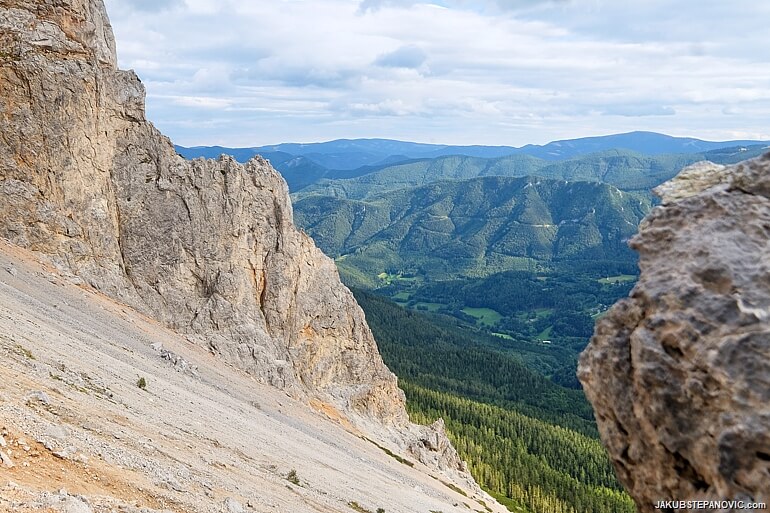
Experiencing leisurely and adventurous recreation in the Rax Alpes.
Placed among Wiener Hausberge (Vienna's local mountains), Rax is a mountain range within an hour-ish drive from the Austrian capital.
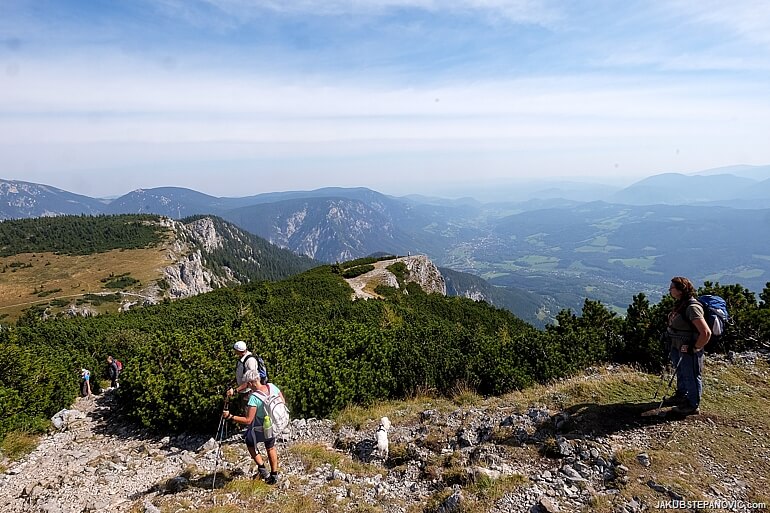
Two factors make it a popular outdoorsy destination: 1) it is beautiful.
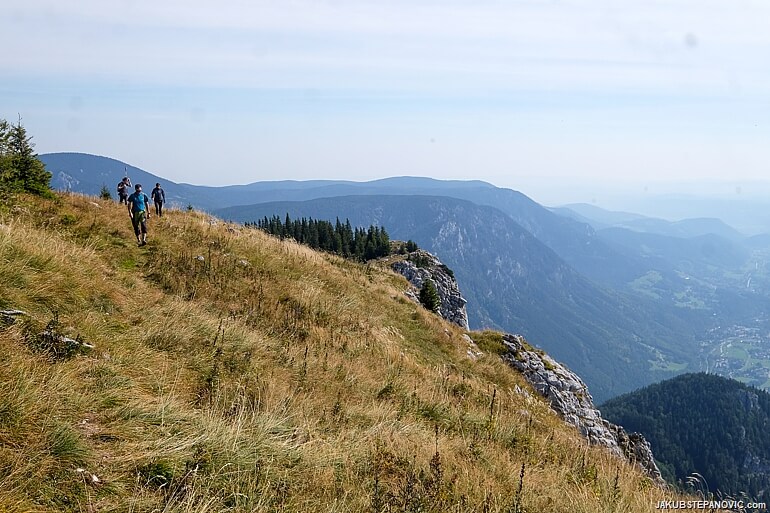
Rax high plateau raises about 1000 vertical meters (3000ft) from the neighbouring lowlands, and walking around reveals a plethora of grand vistas. When looking northeast, the most distinguishable feature is Lower Austria's highest peak, Schneeberg (2,076m / 6,811ft).
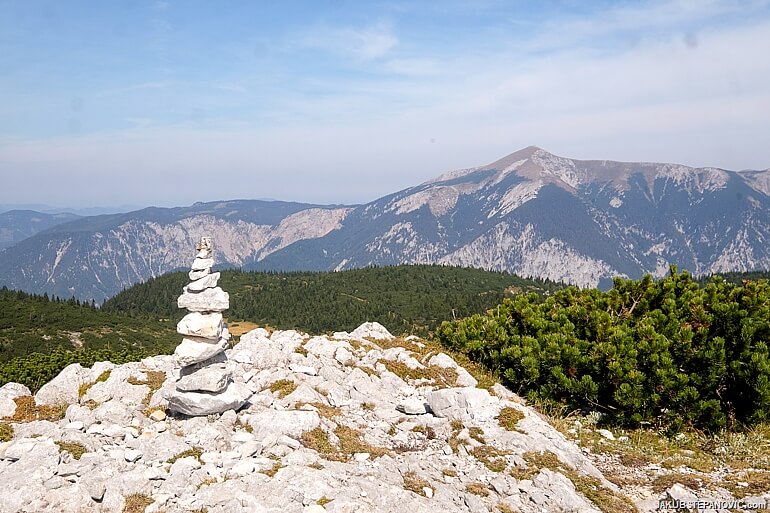
Schneeberg, as seen from Rax's Jakobskogel.
Schneeberg and Rax are separated by the Höllental valley, which provides perhaps the Rax's most spectacular outlook:
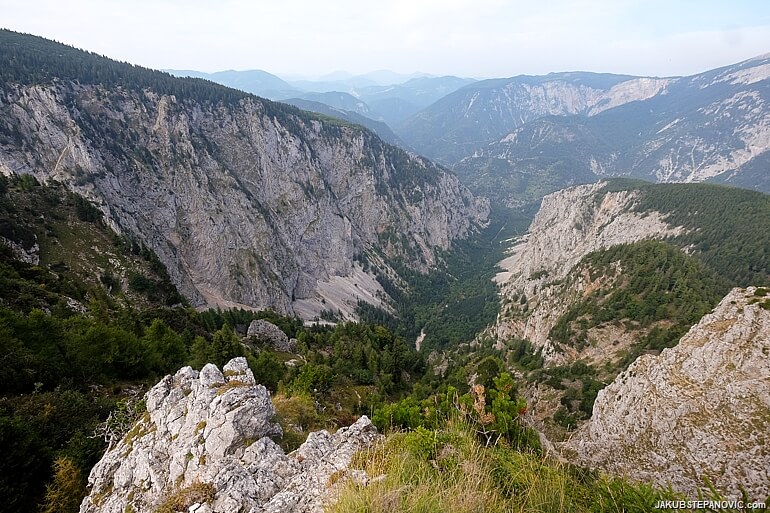
However, each direction has something to offer. South of the plateau is a mellower, still attractive valley of Preiner Bach.
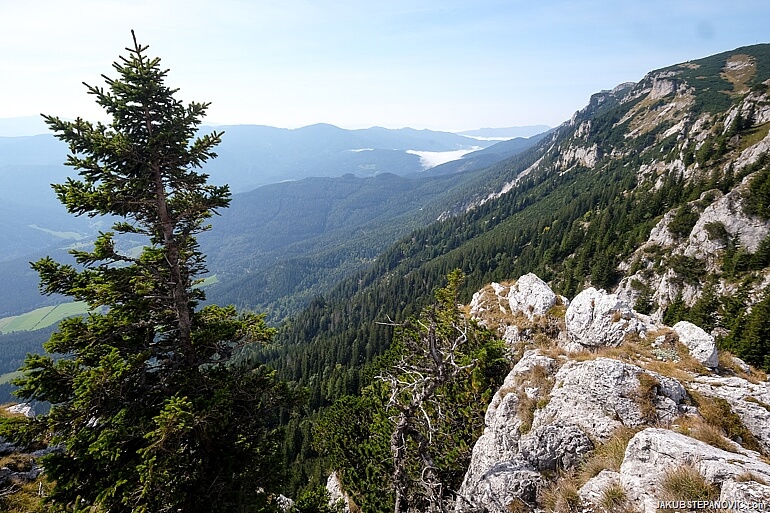
And westbound points towards the walls of Dreimarkstein Gipfel.
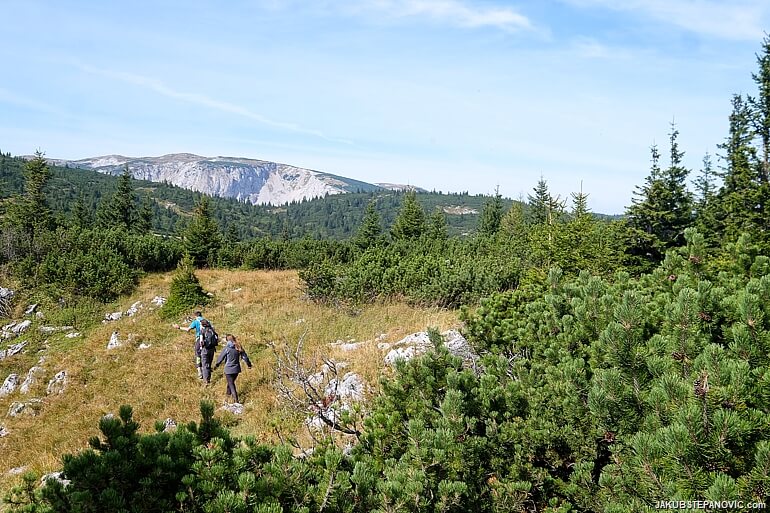
A pleasant complement to the distant views is an alpine garden, a broad, relatively flat meadow between the ridge's edges.
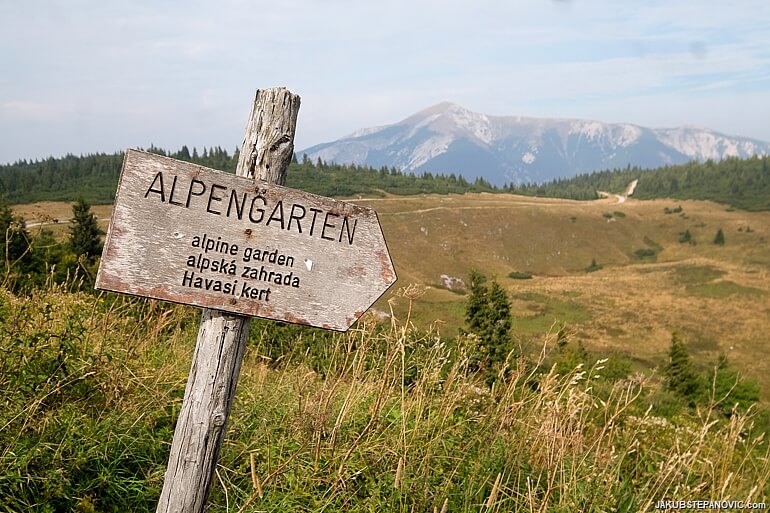
It's an appropriate name, as the wildflowers densely carpet the area.

To complete the comfort and welcoming atmosphere, a selection of mountain huts offering food and overnight accommodation to hikers. One of them is Ottohaus, which opened in 1893. An interesting fact, Sigmund Freud once used to come here on a weekly basis.
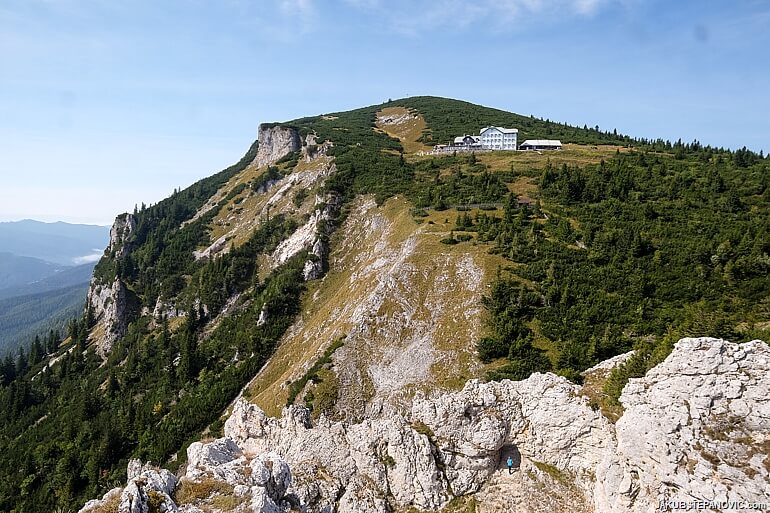
Another hut is Raxalm-Berggasthof, bringing us to the 2) point of Rax's popularity.
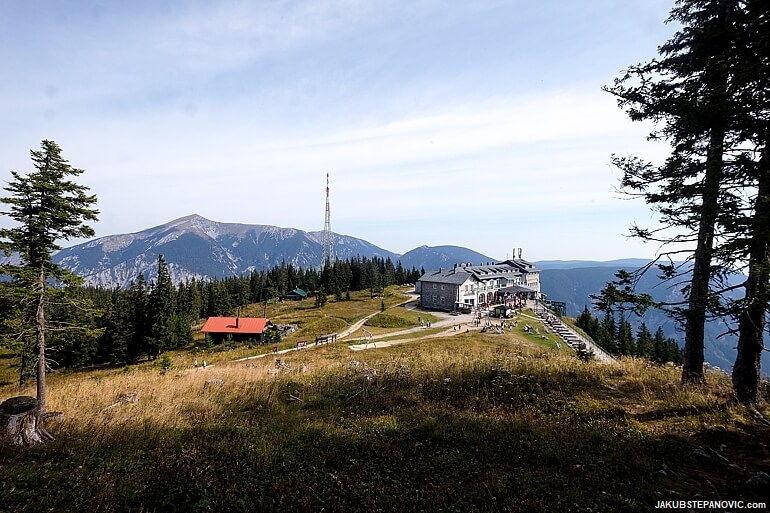
The plateau is extraordinarily accessible. Besides the numerous well-maintained footpaths going to the top, one can reach it via a cable car ending just at the Raxalm-Berggasthof. Here's another interesting fact: It was Austria's first aerial cableway, operating since 1926.
As a result, Rax gets noticeably crowdier than some remote ranges. Yet, unlike some paved resorts reminiscing a mall, Rax keeps the feel of a high-altitude wilderness while it is open to folks outside their physical prime. We met plenty of elderly up there, making good use of such settings. I appreciate that.

The accessibility of Rax caters for younger generations as well. Some of its steep walls have a long history of secured climbing paths, aka via ferratas or Klettersteige in German, which allow masses to get the thrill of exposed heights while minimalizing safety risks. One of the most famous here, Haid, is where we head:
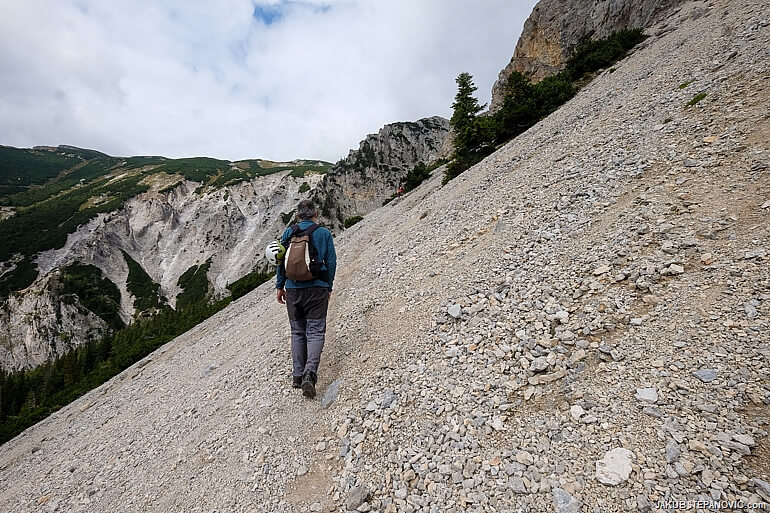
The way these trails work is that a steel rope is fixed to the rockface, to which you attach your harness and use it as an aid while overcoming the terrain. It converts a wall from a gruelling endeavour requiring tons of climbing gear and practice to something one can scale with a tiny backpack and a tad of courage. Yey!

While at this excitement, one can fully appreciate the range's rugged limestone massif...
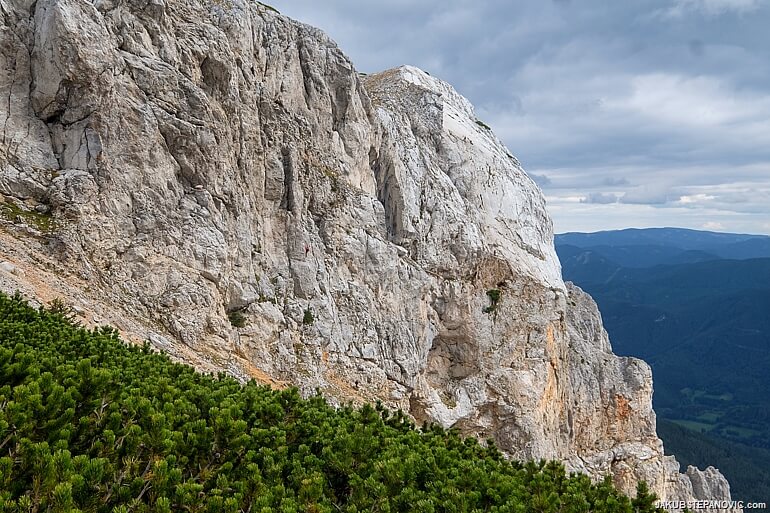
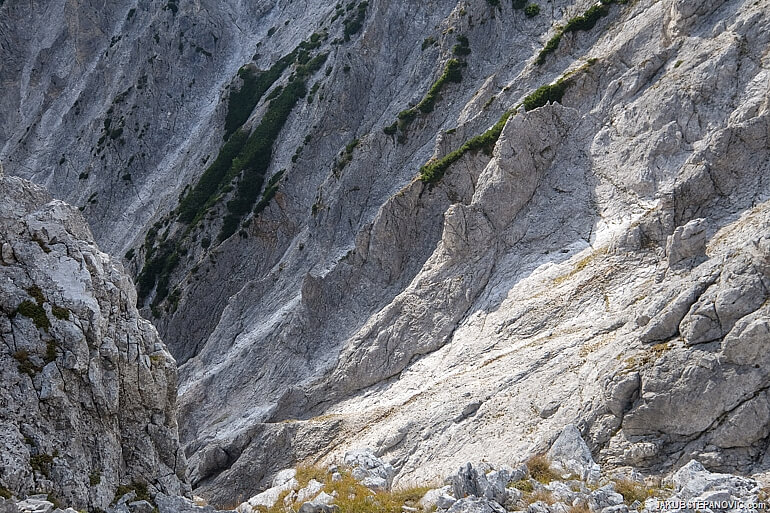
...through which the trail navigates.
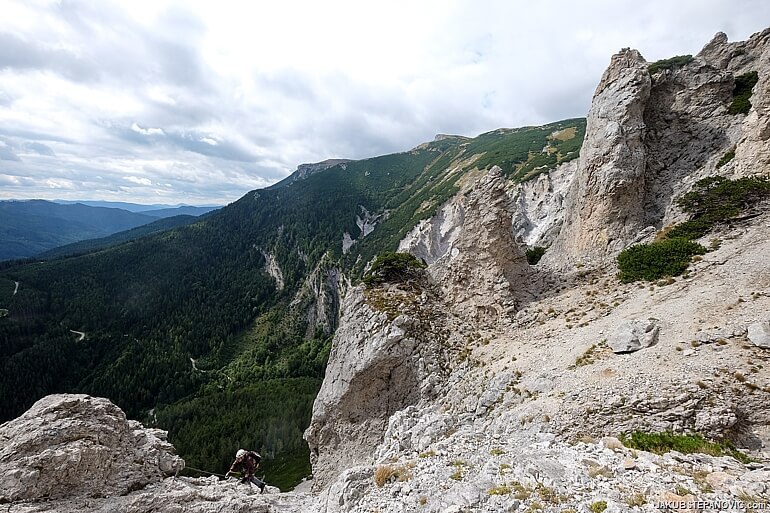
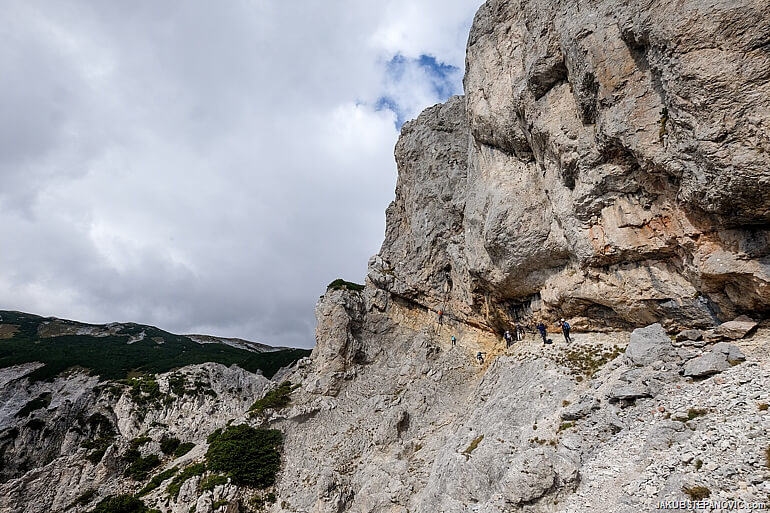
After finishing the ascent, one can decide whether to celebrate the experience by having a picnic with the views or buying a cake at one of the huts.
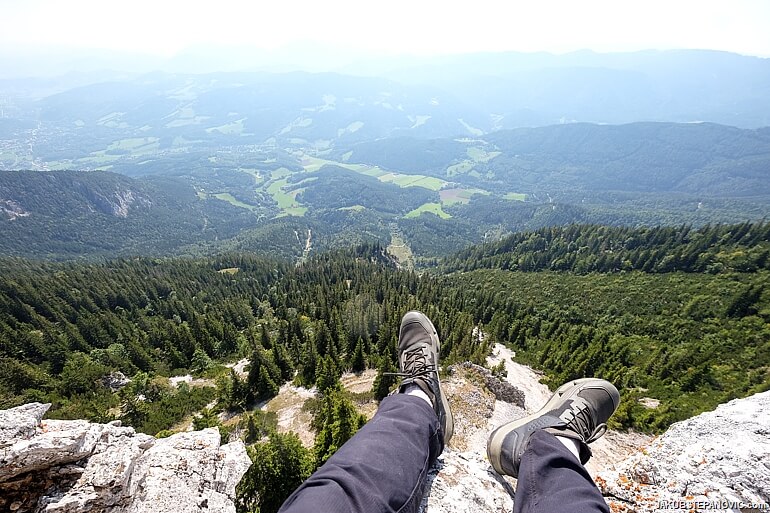
Or, you know. Have both.
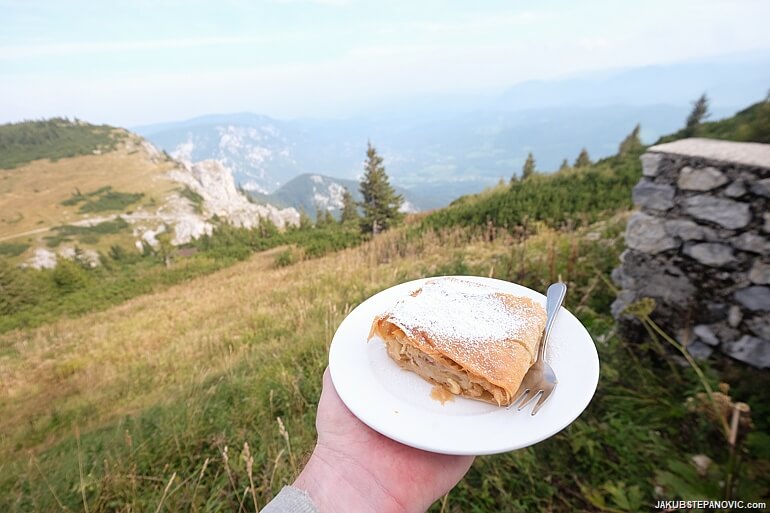
Life is good!
If you liked this, you might also enjoy stories about mountains in neighbouring countries:
|
Tatras |
Giant Mountains |
Alternatively, visit my Blog Archives for more categories and topics. Thanks for reading!

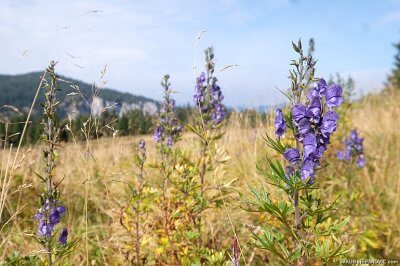


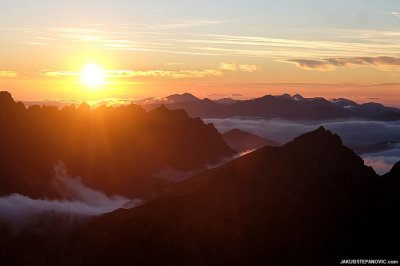
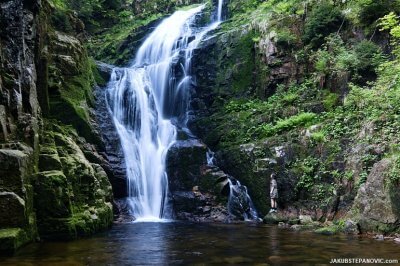
Comments are closed.